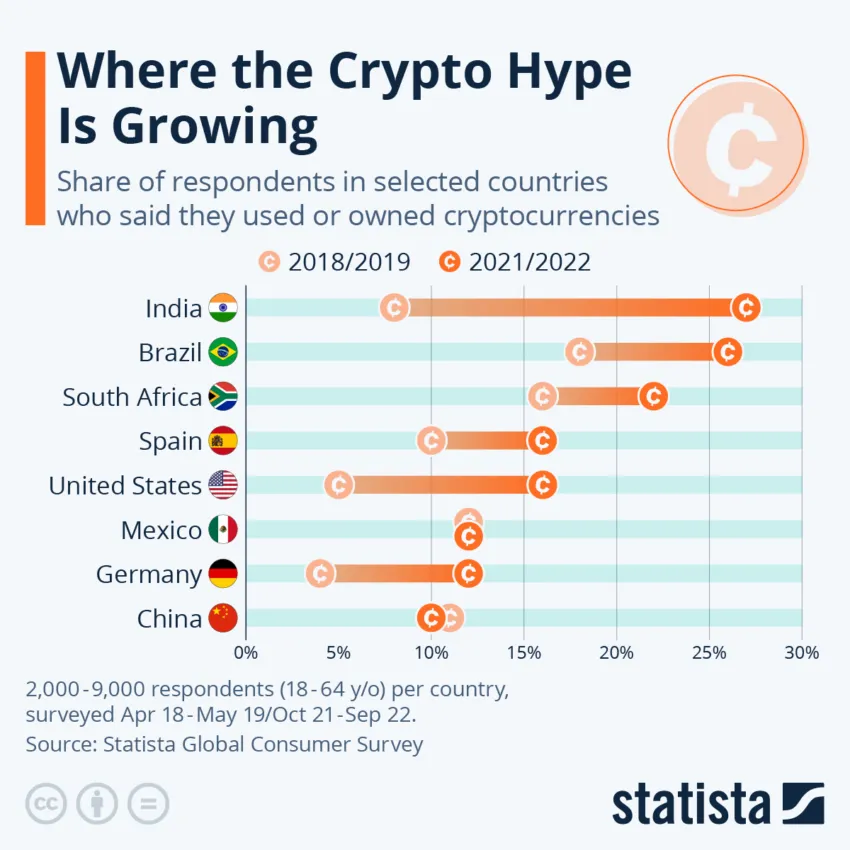In an innovative move, the Spanish city of Torrevieja, through its Association of Small and Medium Merchants (APYMECO), is setting the stage for a new era in digital commerce by fostering a welcoming environment for cryptocurrency transactions. This initiative mirrors the progressive steps taken by cities like Lugano in Switzerland, which has already integrated digital currencies into its financial operations, and El Salvador, which continues to advance its Bitcoin City project with enticing incentives for crypto contributions.
Torrevieja is transforming into a beacon for the digital economy, with APYMECO steering the city towards the integration of blockchain technologies into its local business sector. The organization has laid out a phased plan to incorporate cryptocurrencies as a means of payment, marking a significant move towards the amalgamation of traditional and digital financial systems.
This effort is aimed at enabling payments for goods and services with various cryptocurrencies, thus facilitating a seamless transition into the digital economy. Rosario Martínez Chazarra, the Councilor for Commerce, views this development as a crucial step in modernizing the city’s commerce and appealing to the cryptocurrency-savvy population.
Jorge Almarcha, the President of APYMECO, lauded the initiative, emphasizing that while cryptocurrencies have been legal in Spain since 2015, their acceptance as a standard payment method in local commerce has only recently gained momentum.
Statista’s 2021-2022 survey indicates a growing trend in cryptocurrency ownership and use in Spain, with 17% of respondents acknowledging their engagement with digital currencies.

Lugano, Switzerland, has set a notable example by incorporating cryptocurrencies for municipal payments as part of its “Plan B,” a strategy that revolutionizes its financial ecosystem by accepting Bitcoin and Tether for taxes and other fees. Armin Schmid, Bitcoin Suisse’s Chief Product Officer, commended the expanding adoption of cryptocurrency payments within Swiss municipalities, highlighting it as a complementary option to traditional payment avenues.
Meanwhile, El Salvador continues to pursue its vision of a tax-free Bitcoin City, a project spearheaded by President Nayib Bukele. This ambitious endeavor aims to attract foreign investment by offering citizenship in exchange for crypto donations, leveraging the country’s geothermal energy for Bitcoin mining, especially in anticipation of the next Bitcoin halving in April 2024.
The collective movement of these regions towards digital financial systems marks a significant shift in the global economy’s future. Torrevieja’s initiative places it among the pioneering cities redefining the landscape of financial transactions and commerce in the digital age.

